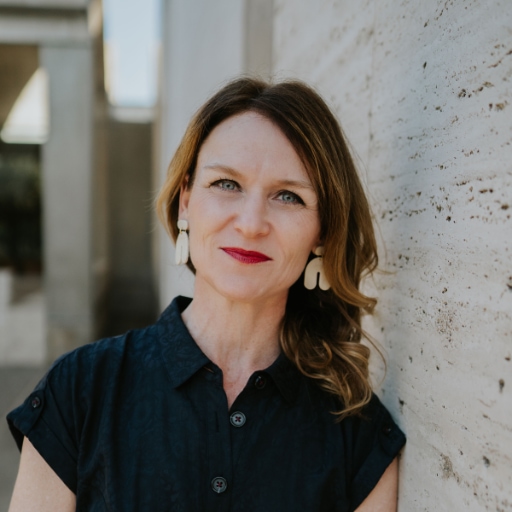
Mandi Gerth
Mandi Gerth serves alongside a dedicated team of classical educators at a collaborative model school in Fort Worth, Texas, where she currently teaches upper school humanities. She holds a master of humanities degree from the University of Dallas with a concentration in classical education. Her work has appeared in The Classical Difference magazine and on the CiRCE Institute and Theopolis blogs. She and her husband have labored for over twenty years to build a family culture for their five children that values books, baseball, museums, home-cooked meals, and conversation about ideas.
2024 Collaborative Model Track
LEARN MORE
Collaboration Without Consternation
The collaborative model teacher is doing the work of two. She is teaching a classroom of students and she is managing relationships with parents—often times teaching them as well. This workload can be overwhelming and discouraging. While teaching is a calling and we labor because we love, the collaborative model teacher must set boundaries around her time and her mental exertion. She cannot give to students and parents what she does not have. In this workshop, we will look at ways collaborative model teachers can manage time, expectations, and com- munication so that they can continue to grow and serve.
Understanding the Home Day: Help for the Collaborative Model Teacher
In order for the collaborative teacher to succeed, she must be sensitive to the workload appropriate for the home day component. While many parents have chosen the collaborative model because they are intentional about classical education, many have not. The collaborative teacher labors to educate not just her students, but the parents of her students. In this seminar we will discuss how to approach your curriculum from a home day / class day perspective while looking carefully at ways to bring parents along in their knowledge of and love for classical education.
2024 Workshop Topic
The Art of the Question
Contrary to what many of us were told growing up, there are actually bad questions. Questions that do not help move a classroom discussion forward. Questions that do not provide clarification for struggling students. Questions that give away the answer. In this workshop we will discuss how to formulate fruitful questions, how to ask good follow up questions, and how to mine your curriculum for the fundamental human questions that should be the focus of your class time.
